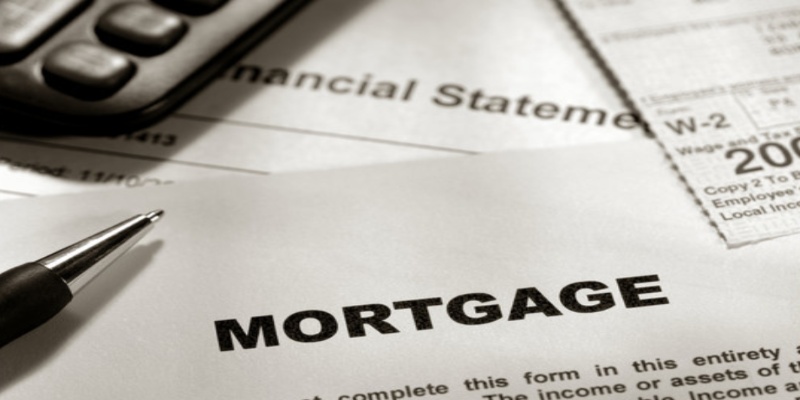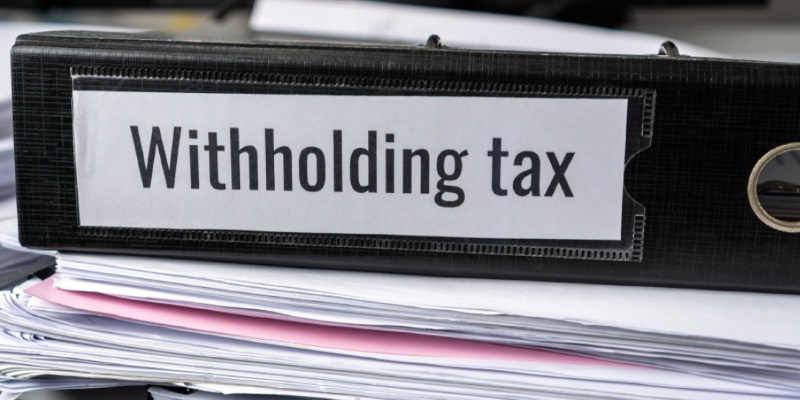Things You Should Know About Maximum Loan Amount
Jan 05, 2024 By Susan Kelly
The maximum amount of money a lender is willing to loan to a borrower is the maximum loan amount. Mortgages, personal loans, open lines of credit, and credit cards may all have their maximum lending limitations. Your maximum loan amount is determined by several criteria, including the kind of loan, how long it will be for, what it will be used for, the lending institution's requirements, your past credit history, and whether or not the loan is secured by collateral.
Definition and Example of a Maximum Loan Amount
Underwriting is a technique that allows lenders to determine how much money they are willing to give you by determining how much of a loan you can repay. This lets lenders decide how much money they will let you borrow. Let's assume you want to renovate your kitchen, so you decide to apply for a personal loan. The maximum loan amount that your creditor is willing to give you approval for is $50,000. This indicates that the most money you could borrow is $50,000, but no more. To put it another way, if the final cost of your kitchen makeover comes to $55,000, you will be responsible for paying the additional $5,000 out of pocket.
Maximum Loan Amount And Its Application To Unsecured Loans
Credit cards and personal loans are unsecured loans, which, contrary to their names, do not need any collateral in the form of real estate, a vehicle, or any other valuable asset the borrower may hold. Because of this, they are frequently referred to as signature loans or loans of good faith. This is because when you sign an agreement promising to repay the loan, all you are offering the lender is your word that you will do so. The underwriting procedure will determine the maximum amount of money you are eligible to borrow if you are applying for an unsecured loan. One kind of credit card, a secured credit card, is an exception to the rule that most credit cards function as unsecured loans. When you get this kind of credit card, the maximum loan amount you may get is often capped at the security deposit you pay into the account to fund it. This is done to protect you from overspending.

The smaller your ratio of debt to income is and the better your credit score, the less of a danger you will seem to be to potential lenders. This information indicates that you are a conscientious steward of your debt and your whole financial situation. This indicates that there is a larger probability that you will be accepted for a higher maximum loan amount. On the other hand, since unsecured loans do not often need collateral, lenders may see you as a higher-risk borrower if your credit score is lower than 700 and your debt-to-income ratio is greater than the objective of 43% or lower. This is because unsecured loans do not require collateral. This may result in a reduced maximum loan amount, in addition to higher interest rates, more severe penalties for late or missing payments, and more rigorous rules throughout the life of your loan.
The Calculation Process Behind a Secured Loan's Maximum Amount
In contrast to their unsecured equivalents, secured loans are guaranteed by the collateral you're borrowing against. Examples of secured loans include house mortgages, home equity lines of credit (HELOCs), and auto loans. This implies that if you cannot repay the loan, the lender has the right to take the collateral you put up as payment. This may be your home or your automobile. Lenders often perceive secured loans as less risky since borrowers must put up collateral to back the loan. Because of this, obtaining a secured loan is often simpler than obtaining an unsecured loan. Furthermore, secured loans typically have more favourable interest rates and larger maximum loan amounts.

When it comes to some types of secured loans, such as mortgages, government agencies are sometimes the ones in charge of determining the maximum amount that may be borrowed for such loans. For instance, the Federal Housing Finance Agency is in charge of determining the maximum loan amounts that Fannie Mae and Freddie Mac are allowed to acquire. In many parts of the United States, the maximum amount of a mortgage loan for a single-family home. The maximum amount a mortgage may be for is increased to $822,375 in high-cost locations.








